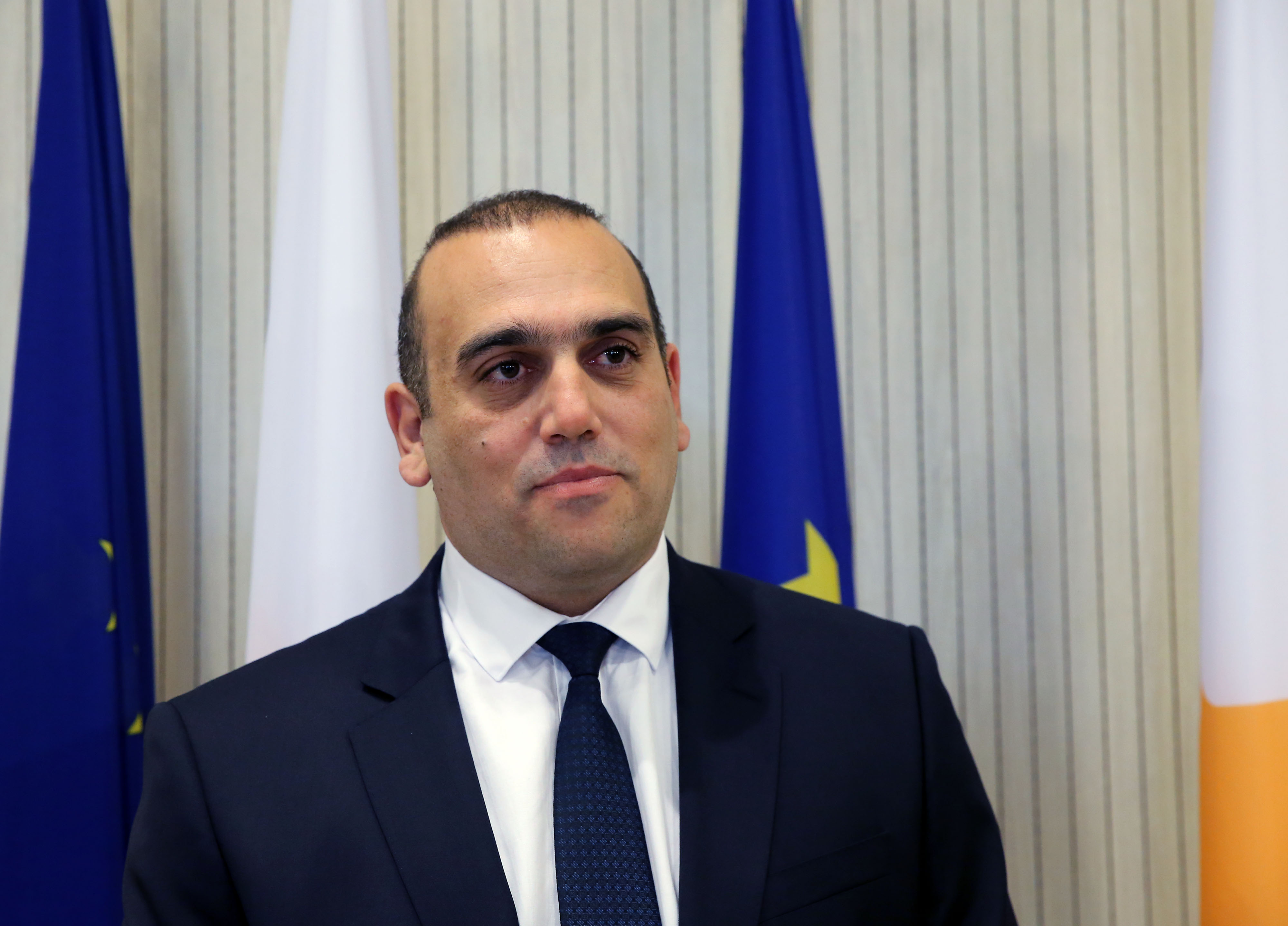Famagusta district governor Yiannis Karousos on Wednesday declared he will have “zero tolerance” for the theft of water from the district’s supply.
He said his district government has “launched a campaign to identify” cases of theft and other “illegal interventions in the water supply network”, and that to this end, “specific cases have already been identified”.
As such, he said, “all appropriate measures will be implemented to protect water resources and ensure equality for all consumers”.
He said workers are walking the entire network to check for any illegal intervention. “I want to send a clear message: we will not allow some to benefit at the expense of law-abiding citizens,” he said.
He also called on the public to “immediately inform the Famagusta district government” if they “notice suspicious actions”.
“We will not tolerate the righteous paying for the crimes of some. The Famagusta district government will continue with zero tolerance its efforts to combat such phenomena, securing water as a valuable public good and protecting the people of the Famagusta district,” he said.
The matter of water being unaccounted for was raised at the House audit committee in June, with MPs being told of a “lack of meters” and a “poor monitoring of consumption” in the Famagusta district, resulting in as much as 4.5 billion litres of water being lost annually.
At the time, the agriculture ministry’s permanent secretary Andreas Gregoriou had said the government had allocated €8 million of funding to Cyprus’ five district governments to “cover projects aimed at reducing losses in water supply networks”.
These projects, he said, “can be implemented within a year” and “offer immediate benefits”.
A year prior, Karousos had said unaccounted for water was costing the Famagusta district a total of €3.7m per year, with more than half of the water supply in some villages not being accounted for by meters.
In Liopetri, for example, 61 per cent of the supplied water is unaccounted for, while in Frenaros and Avgorou, the proportion of water unaccounted for stands at 58 per cent and 57 per cent respectively.
He said at the time that a total of 46,802 water meters existed in his district, and that in 2023, a total of 11.9 million cubic meters of water had been supplied to the district, while 7.5 million cubic meters had been recorded by those meters.
Then, too, he had made reference to the possibility of theft, saying that if the district government uncovers any instances of theft, “measures will be taken to recover the cost of the water which has been stolen”.






Click here to change your cookie preferences